Persistent modulation of microbiota to enhance HIV vaccination
Previously, our lab showed that administration of probiotics, which are microorganisms that when given in sufficient quantities confer a health benefit, to healthy non-human primates (NHP; rhesus macaques) induced robust beneficial enhancements in mucosal and systemic immunity. Given this ability of probiotics to enhance immunity, in this project, we are assessing whether probiotics given during HIV/SIV vaccine administration in NHP improves vaccine immunogenicity and efficacy. This project will provide novel insight into how this particular method of microbiome manipulation may influence HIV/SIV vaccine responses.
Impact of malaria co-infection on HIV vaccination
HIV and malaria are two of the world’s most devastating diseases and there is great geographical overlap in areas in which HIV and malaria are co-endemic. It is critical to understand the impact of malaria infection on mucosal and systemic immune function and factors important in intestinal homeostasis and HIV vaccination, as this knowledge will aid in the design of more effective HIV vaccines that can be utilized in developing countries where populations are at risk for co-infection. In this project, we are utilizing our NHP model of HIV/SIV vaccination and testing whether concurrent malaria infection alters HIV/SIV vaccine immunogenicity and efficacy.
Investigating the role of neutrophils during bacterial vaginosis in HIV acquisition
Bacterial vaginosis (BV) is associated with an increased transmission rate of HIV. Inflammatory cells such as neutrophils are critical for innate immune responses but can also contribute to barrier damage and inflammation. Currently, the role of neutrophils in HIV transmission and BV status is unknown. Here, we hypothesize that BV-associated bacteria will induce neutrophil activation and prolonged life, promoting accumulation in the female reproductive tract (FRT), potentially promoting tissue damage.
Understanding the kinetics of bacteria-mediated drug metabolism of PrEP drugs
Despite effective antiretroviral-based clinical trials in men who have sex with men, studies in women have produced widely varying outcomes. Recent evidence suggests that vaginal microbial communities are associated with increased HIV acquisition risk. Here, we investigate the mechanism(s) underlying how vaginal bacteria alter PrEP drug levels and impact HIV infection rates. We hypothesize that variability in PrEP efficacy is a result of bacteria-mediated drug metabolism which thereby alter cell HIV infection rates.
Effects of ZIKV on microbial translocation, immune activation and inflammation
In this study, we investigated the effects of ZIKV infection on human, pigtail (PTM) and rhesus (RM) macaques on microbial translocation, immune activation and inflammation. Our data has indicated that microbial dysbiosis is associated with microbial translocation and inflammation, underlying immune activation in the central nervous system (CNS), providing a possible mechanism for how CNS inflammation occurs within ZIKV infection.
Effects of cannabis use on host microbial communities, functional annotation, inflammatory factors, and GI health
HIV infections are often paired with microbial translocation within the GI tract. Given that cannabis use can decrease inflammatory factors and enhance GI health, we hypothesize that HIV-infected individuals who use cannabis will have decreased inflammation and biomarkers associated with mortality, resulting in a decreased HIV reservoir and overall improved health.
Development of in vitro techniques to evaluate host-microbe drug interactions
The goal of this project is to develop advanced tissue culture techniques that will allow the co-cultivation of eukaryotic cells with anaerobic bacteria and relevant drugs in order to generate relevant in vitro models for characterizing the influence that bacteria and bacterial products have on the function of the host mucosa, epithelium, and drug metabolism. Understanding the relationship between host-microbes and xenobiotics will be highly valuable in identifying potential high-risk individuals who are more susceptible to these interactions potentially leading to negative outcomes including decreased drug efficacy, idiosyncratic toxicity, or drug-induced hepatotoxicity
Understanding the role biological disparities play in higher acquisition rates of the adolescent female reproductive tract
A disquieting estimate of more than 30% of new HIV infections globally are in young adults and adolescents (ages 14-24), demonstrating a significant burden for this population in the global epidemic. In areas such as sub-Saharan Africa, which has 70% of new global HIV infections, women aged 15-24 years have rates up to 8-fold higher than their male counterparts. In this study, we aim to investigate any potential biological disparities in the adolescent female reproductive tract (FRT) that may play a role in higher acquisition rates for young women.
Development of mass spectrometry assay library
The goal of this project is to develop our mass spectrometry analytical capabilities using both GC-MS and LC-MS/MS techniques.
Understanding the role female reproductive tract bacteria play in bacterial vaginosis treatment
While it is clear that BV is a major problem for HIV acquisition in women, treatment strategies aimed at decreasing BV have had limited success, with recurrence frequently occurring. However, the mechanisms by which BV reoccurs are unknown. Thus, in order to improve efficacy of treating BV and thereby improving prevention strategies for HIV in women, it is critical to define the mechanisms by which vaginal microbial dysbiosis affects treatment options for women. Here, we evaluate the role of the vaginal microbiome on BV recurrence.

